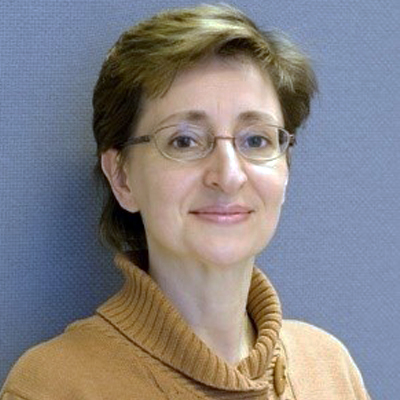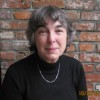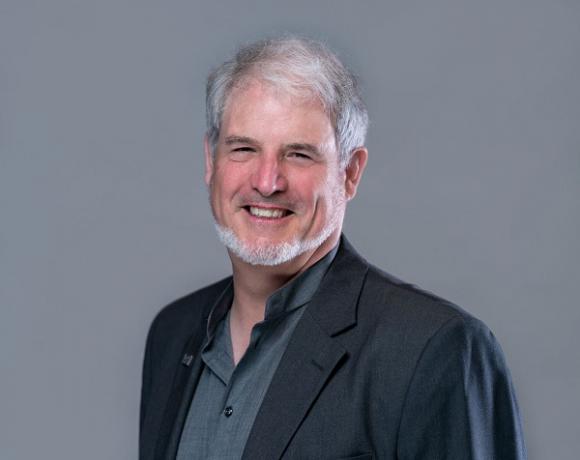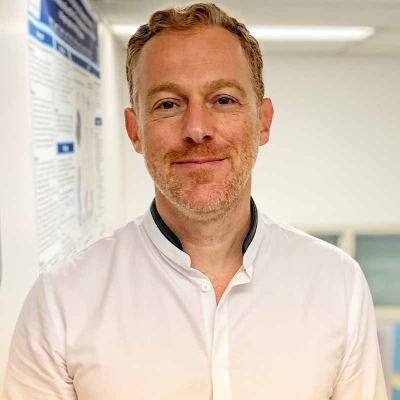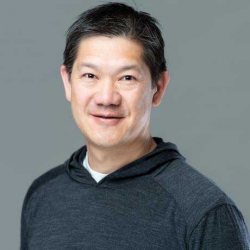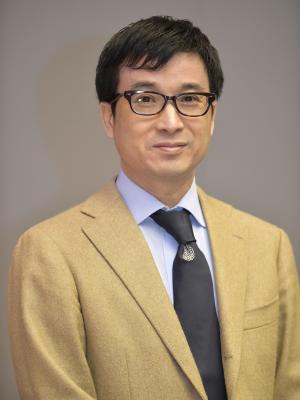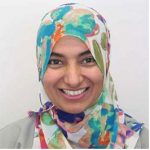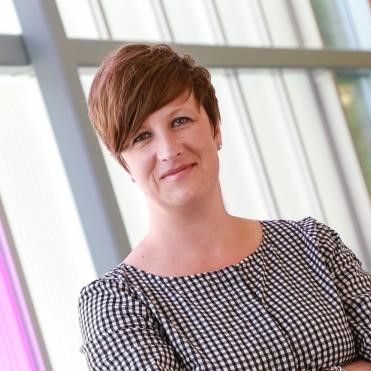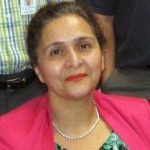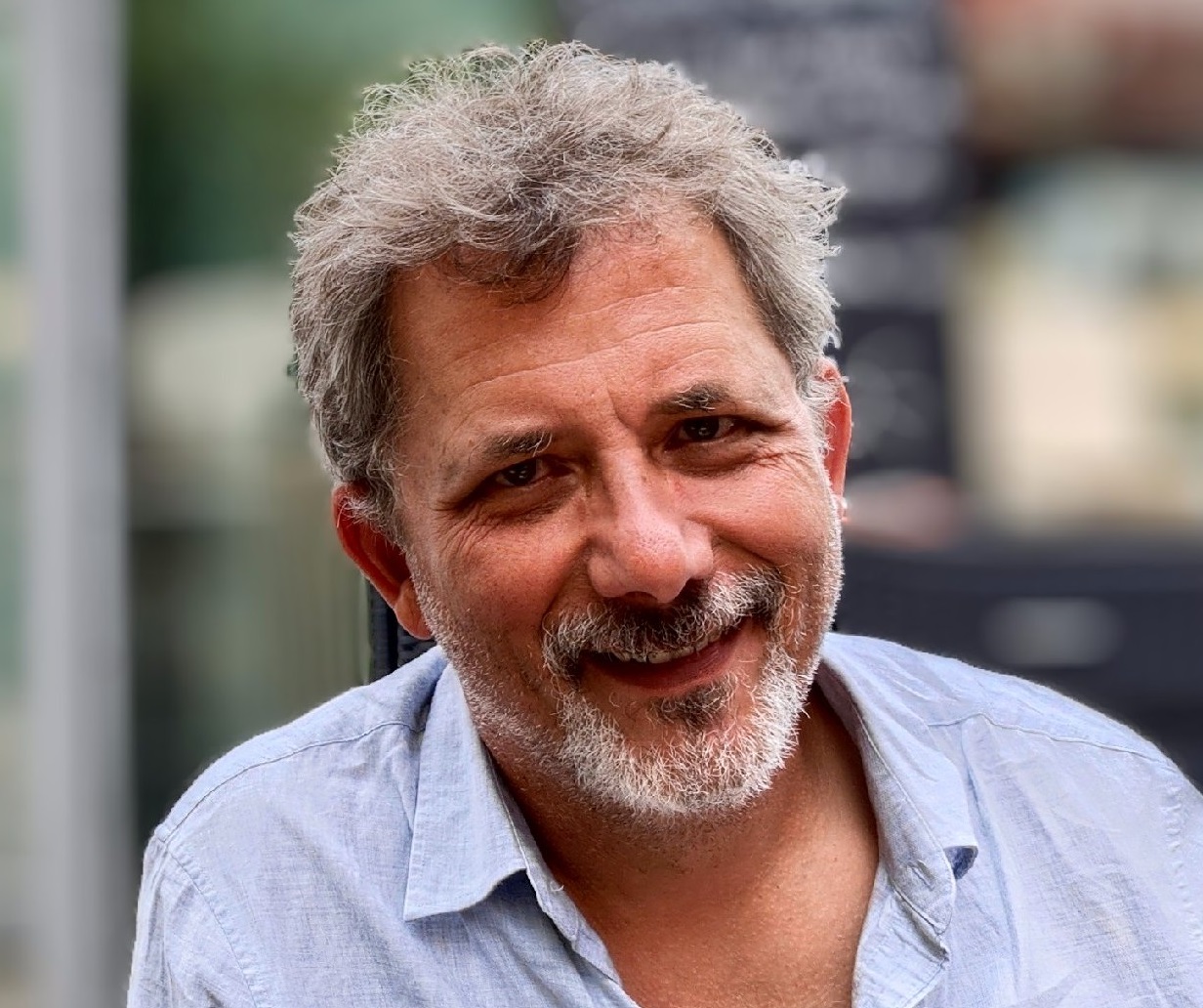
Flint, Julia
BSc, MB, ChB, (Cape Town), LMCC, FRCPC
Academic Rank(s): Clinical Associate Professor, Pathology and Laboratory Medicine, UBC | Staff Pathologist and Program Medical Director, Provincial Pathology & Laboratory Medicine, BC Cancer
Affiliation(s): VGH/VCHRI
Research and Scholarly Interests: Cardiovascular and Pulmonary, Lung Tumours
Clinical Interests:
Academic Background
- MBChB, University of Cape Town, South Africa. 1988
- BA, University of Berkeley, California, U.S.A. (correspondence course), Psychology, English. 1982
- BSc, University of Natal, Durban, South Africa, Chemistry. 1980
Professional Qualifications
- LMCC Canada. 1991
- FLEX (Components I & II), Sask, Canada. 1991
- FRCPC, Anatomical Pathology, Canada. 1995
- FRCPC, Anatomical Pathology, U.S.A. 1995
- American Medical Licence, State of New Jersey
Awards and Recognition
Publications
Selected Publications
- Dong X, Guan J, English JC, Flint J, Yee J, Evans K, Murray N, Macaulay C, Ng RT, Gout PW, Lam WL, Laskin J, Ling V, Lam S, Wang Y. Patient-derived first generation xenografts of non-small cell lung cancers: promising tools for predicting drug responses for personalized chemotherapy. Clin Cancer Res. 2010 Mar 1;16(5):1442-51.
- Silva CI, Flint JD, Levy RD, Müller NL. Diffuse lung cysts in lymphoid interstitial pneumonia: high-resolution CT and pathologic findings. J Thorac Imaging. 2006 Aug;21(3):241-4.
- Churg A, Muller NL, Flint J, Wright JL. Chronic hypersensitivity pneumonitis. Am J Surg Pathol. 2006 Feb;30(2):201-8.
- Souza CA, Muller NL, Flint J, Wright JL, Churg A. Idiopathic pulmonary fibrosis: spectrum of high-resolution CT findings. AJR Am J Roentgenol. 2005 Dec;185(6):1531-9.
- Dunlop P, Muller NL, Wilson J, Flint J, Churg A. Hard metal lung disease: high resolution CT and histologic correlation of the initial findings and demonstration of interval improvement. J Thorac Imaging. 2005 Nov;20(4):301-4.
- Al-Alawi A, Ryan CF, Flint JD, Muller NL. Aspergillus-related lung disease. Can Respir J. 2005 Oct;12(7):377-87.
- Franquet T, Muller NL, Lee KS, Oikonomou A, Flint JD. Pulmonary candidiasis after hematopoietic stem cell transplantation: thin-section CT findings. Radiology. 2005 Jul;236(1):332-7.
- Stephenson A, Flint J, English J, Vedal S, Fradet G, Chittock D, Levy RD. Interpretation of transbronchial lung biopsies from lung transplant recipients: inter- and intraobserver agreement. Can Respir J. 2005 Mar;12(2):75-7.
- Franquet T, Muller NL, Lee KS, Gimenez A, Flint JD. High-resolution CT and pathologic findings of noninfectious pulmonary complications after hematopoietic stem cell transplantation. AJR Am J Roentgenol. 2005 Feb;184(2):629-37.
- Ryan CF, Flint JD, Muller NL. Idiopathic diffuse pulmonary ossification. Thorax. 2004 Nov;59(11):1004.
Research Interest
Lung Tumours
Clinical Service

